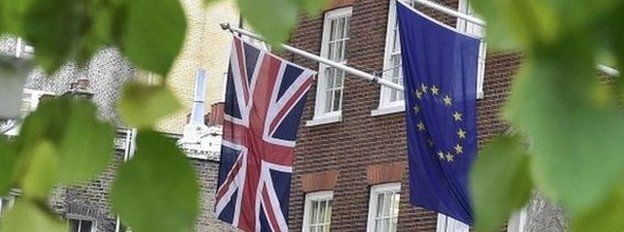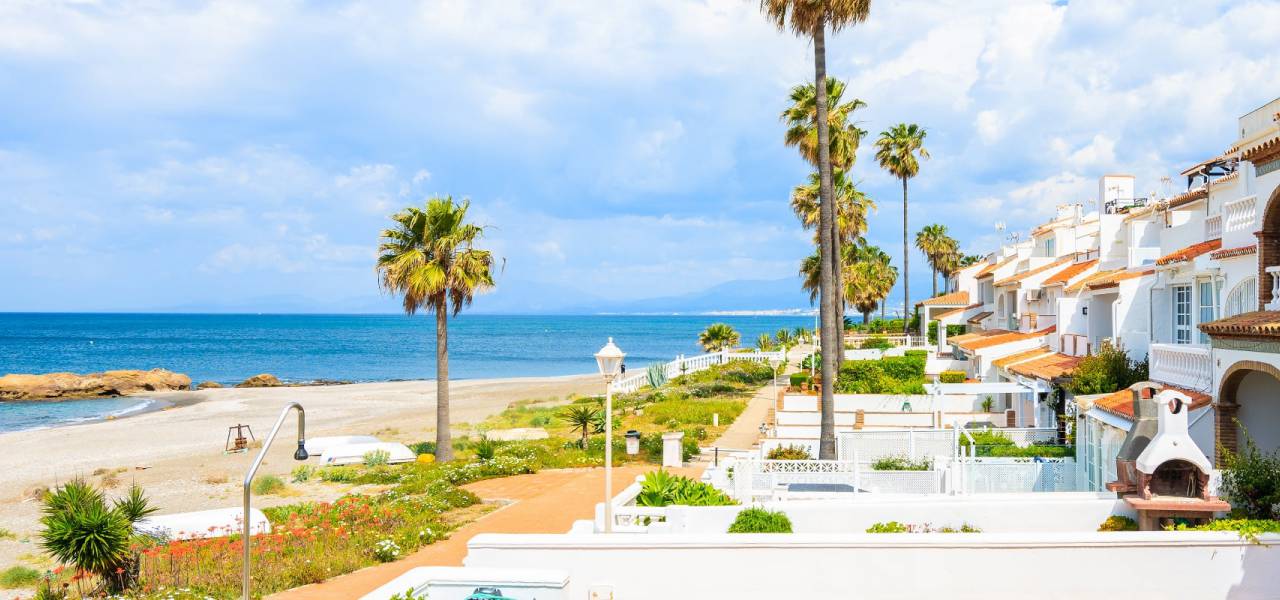The EU referendum

This topic is on everyone's mind at the moment so I thought I would put an article together to give you some information on whats happening and how it may affect you.
What is happening?
A referendum is being held on Thursday, 23 June to decide whether Britain should leave or remain in the European Union.
Why is a referendum being held?
Prime Minister David Cameron promised to hold one if he won the 2015 general election, in response to growing calls from his own Conservative MPs and the UK Independence Party (UKIP), who argued that Britain had not had a say since 1975, when it voted to stay in the EU in a referendum. The EU has changed a lot since then, gaining more control over our daily lives, they argued. Mr Cameron said: "It is time for the British people to have their say. It is time to settle this European question in British politics."
If the UK left the EU would UK citizens need special permits to work in the EU?
Lots of people asked about this. A lot would depend on the kind of deal the UK agreed with the EU after exit. If it remained within the single market, it would almost certainly retain free movement rights allowing UK citizens to work in the EU and vice versa. If the government opted to impose work permit restrictions, as UKIP wants, then other countries could reciprocate, meaning Britons would have to apply for visas to work.
How much does the UK contribute to the EU and how much do we get in return?
In answer to this query from Nancy from Hornchurch - the UK is one of 10 member states who pay more into the EU budget than they get out, only France and Germany contribute more. In 2014/15, Poland was the largest beneficiary, followed by Hungary and Greece.
The UK also gets an annual rebate that was negotiated by Margaret Thatcher and money back, in the form of regional development grants and payments to farmers, which added up to £4.6bn in 2014/15. According to the latest Treasury figures, the UK's net contribution for 2014/15 was £8.8bn - nearly double what it was in 2009/10.
The National Audit Office, using a different formula which takes into account EU money paid directly to private sector companies and universities to fund research, and measured over the EU's financial year, shows the UK's net contribution for 2014 was £5.7bn.
If I retire to Spain or another EU country will my healthcare costs still be covered?
David, from East Sussex, is worried about what would happen to his retirement plans if Britain votes to leave the EU. This is one of those issues where it is not possible to say definitively what would happen. At the moment, the large British expat community in Spain gets free access to Spanish GPs and their hospital treatment is paid for by the NHS. After they become permanent residents Spain pays for their hospital treatment. Similar arrangements are in place with other EU countries.
If Britain leaves the EU but remains in the single market, or the European Economic Area as it is known, it might be able to continue with this arrangement,according to a House of Commons library research note. If Britain has to negotiate trade deals with individual member states, it may opt to continue paying for expats' healthcare through the NHS or decide that they would have to cover their own costs if they continue to live abroad, if the country where they live declines to do so.
How long will it take for Britain to leave the EU?
This was a question asked by many people. The minimum period after a vote to leave would be two years. During that time Britain would continue to abide by EU treaties and laws, but not take part in any decision-making, as it negotiated a withdrawal agreement and the terms of its relationship with the now 27 nation bloc. In practice it may take longer than two years, depending on how the negotiations go.
Will our EHIC cards still be valid?
No-one knows for definite. The EHIC card - which entitles travelers to state-provided medical help for any condition or injury that requires urgent treatment, in any other country within the EU, as well as several non-EU countries - is not an EU initiative. It was negotiated between countries within a group known as the European Economic Area, often simply referred to as the single market (plus Switzerland, which confusingly is not a member of the EEA, but has agreed access to the single market). Therefore, the future of Britons' EHIC cover could depend on whether the UK decided to sever ties with the EEA in the event of a leave vote.
If you have any more questions you would like to ask follow this link and you can ask the BBC on any specific topic you may want an answer to.









 Back
Back


